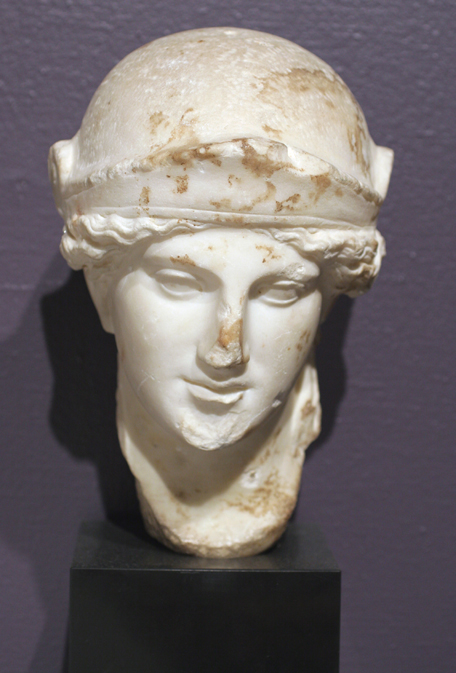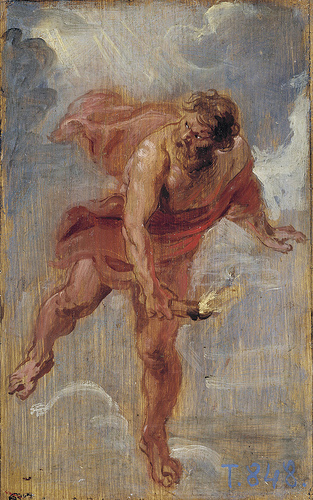|
The Prometheus Trust was founded in 1986 (and was registered as a charity two years later): the founding Trustees were Tim Addey, Donald Skilling and Monica Skilling. The purpose of the Trust was described as “the advancement of education by the teaching of all subjects concomitant with a comprehensive and liberal education for the development of self-determined, rational, integral and versatile individuals.” The Trustees take the view that the best way to fulfil this purpose is through the promulgation of the philosophy which formed the basis of Western civilisation, and which can be seen in various forms around the world whenever individuals and their societies seek the highest truths and the fullest and most beautiful expression of such truths in all areas of human life.
PHILOSOPHY
 Because humankind live lives which are more or less self-directed according to their understanding, philosophy is the inescapable basis of human life. We all make choices – an almost uncountable number every day – and insofar as these choices are wise we are likely to lead happy lives, while foolish choices tend towards unhappiness not only for ourselves but also for our fellow creatures who are naturally affected by our actions. In this respect we cannot reject the task of philosophy which lies before us: human beings can – and all too often do – treat it thoughtlessly, however, and consider the pursuit of happiness to be disconnected to the pursuit of wisdom. Because humankind live lives which are more or less self-directed according to their understanding, philosophy is the inescapable basis of human life. We all make choices – an almost uncountable number every day – and insofar as these choices are wise we are likely to lead happy lives, while foolish choices tend towards unhappiness not only for ourselves but also for our fellow creatures who are naturally affected by our actions. In this respect we cannot reject the task of philosophy which lies before us: human beings can – and all too often do – treat it thoughtlessly, however, and consider the pursuit of happiness to be disconnected to the pursuit of wisdom.
But, as Hierocles of Alexandria wrote, "philosophy is the purification and perfection of human life . . . practical philosophy produces virtue, contemplative philosophy produces truth." Good philosophy pervades and brightens the most outward as well as the most inward of our activities, and introduces us to that Wisdom which is beyond mere human concepts, and which sages from every age and nation have urged their listeners to "make the great business of life" as Plato says.
.
THE PLATONIC TRADITION
The Platonic tradition has served as the foundation for progressive thought in the West for millennia, and confirms and enshrines truths which the best of Eastern philosophies and religions affirm. Its noble history stretches back well before Plato and continues to draw to itself those who seek an intelligent, stable and autonomous spiritual path today. It offers its adherents a wealth of insights from a golden chain of wise men and women who have lived and worked upon the path before us, but at the same time it stresses the primacy of every person's own access to truth, and each person's autonomy – it does not seek to impose any particular doctrine upon those who would walk the Platonic path. It does, however, hold before us the highest ideal – the rediscovery of the divine within each human self – and through this the embrace of the best possible life and a vision of beauty beyond imagining.
PROMETHEUS
The Greek myth of Prometheus relates how, once his brother Epimetheus had distributed to the world’s creatures various powers and gifts but had none left over for the last of them – the human being - Prometheus went and brought the fire of the Gods down to earth as a gift for humankind. This fire is that of divine wisdom, a portion of which burns in the depths of every man and woman who lives on earth. For this reason, says Olympiodorus, “Prometheus should be regarded as the guardian of the descent of rational souls.” Prometheus means ‘forethought’, while Epimetheus means ‘after thought.’
“But in the [Platonic] Academy there is an altar of Prometheus, from which they run towards the city, carrying with them burning lamps . . .” Pausanias 1, 30.
|